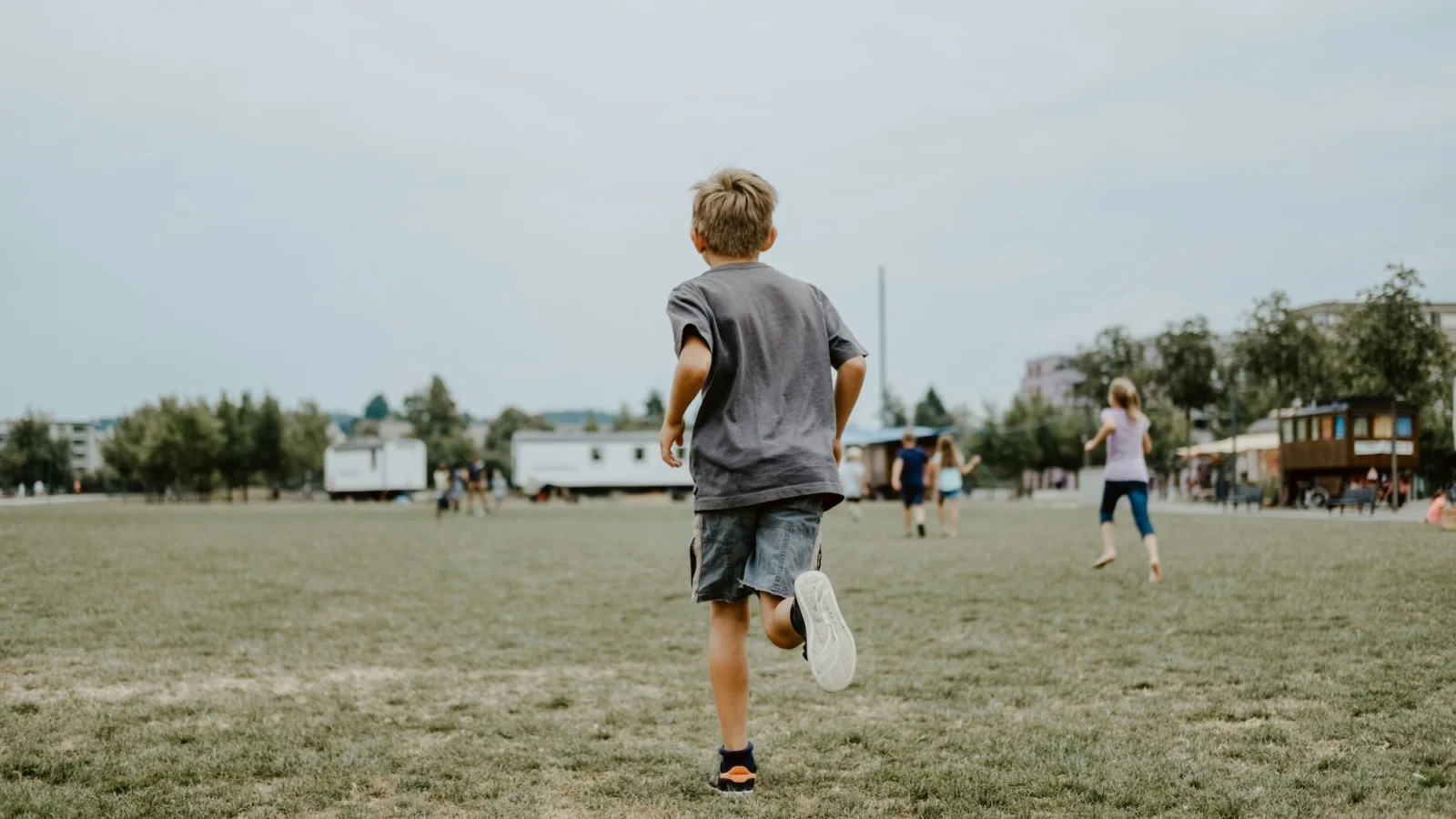Physical Fitness Linked to Long-Lasting Mental Health Benefits for Kids

New studies suggest that children and teens who are more physically active not only see immediate improvements in their mental health, but that those beneficial effects last into adulthood
Two new studies underscore the beneficial effects that physical fitness has on mental health in children and adolescents – and its long-term impact into adulthood.
While it’s common knowledge that physical activity has benefits for the body and mind, two new studies show promise in using fitness to help solve the mental health crisis among adolescents. The Centers for Disease Control and Prevention (CDC) reported that in 2021, more than 1 in 5 U.S. high school students seriously considered attempting suicide, and 1 in 10 attempted suicide.
One just-released study, “Physical Fitness and Risk of Mental Disorders in Children and Adolescents,” which analyzed 1.9 million youth in Taiwan, showed that those in “better-performing fitness quantiles” exhibited lower incidents of anxiety, depressive and attention-deficit/hyperactivity disorders — ultimately suggesting that cardiorespiratory fitness, muscular endurance and muscular power may serve a protective role in the onset of mental disorders. The study’s authors said the initial findings warrant further investigation.
The Asics 2024 State of Mind Study takes things a step further, finding that the ages of 15-17 are key in establishing lifelong exercise habits and that 58% of those who regularly exercised between those ages continue to do so later in life.
Of particular interest, those who were routinely active at 15-17 report higher ‘State of Mind’ scores in adulthood compared to those who were not, and each additional year a teen remained engaged in physical activity was associated with an improved State of Mind score in adulthood.
As Asics points out in its report, 57% of the Silent Generation (adults born from 1928 through 1945) recall being active daily in their childhoods compared to just 19% of Gen Z, which Asics sees as a correlation to Gen Z having the lowest State of Mind score (62/100), compared to Silent Generation scoring the highest (70/100).
There is some hope, however, with Gen Z and millennials invested and engaged in their health and wellness, from their willingness to spend on nutrition to their interest in boutique fitness and personal training.
Fitness Brands Have a Role To Play
Leading fitness brands have looked to meet young consumers where they are with special promotions and content on social media.
Planet Fitness offers free memberships for teenagers during the summer months with its High School Summer Pass Program, a successful initiative that saw three million teens participate last summer.
Connected fitness giant Peloton has tapped TikTok, the video platform dominated by Gen Z users, to put eyes on its fitness content. So far, teaming up with Gen Z’s favorite social media app has paid off, with a Peloton spokesperson recently telling Athletech News that the TikTok collab has helped the brand reach new audiences and has driven “significant growth” in #TikTokFitness viewership.
Former pro athletes, meanwhile have invested in youth fitness facilities.
Atlanta Falcons quarterback Kirk Cousins recently partnered with ETS Performance, a youth sports performance training center. D1 Training, an athletic-based fitness training brand founded by former NFL player Will Bartholomew, opened its 100th location earlier this year, serving young athletes and adults.
The Physical Fitness and Risk of Mental Disorders in Children and Adolescents study can be found here.
Asics’ State of Mind Study 2024 can be found here.



